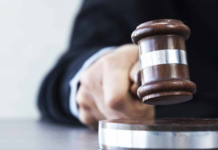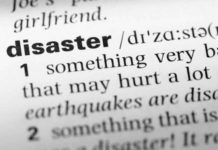Judge Tanya S. Chutkan has been in charge of numerous cases concerning the events of January 6 at the Capitol Building. Presently, she is supervising the federal government’s lawsuit against former President Donald Trump, who has expressed his opposition to her involvement. The judge has just addressed the former President’s plea for her to step aside from the case.
On September 27, Judge Chutkan issued a response to the former president’s request. In her ruling, she characterized the defendant’s argument as overly sensitive, skeptical, and questionable. The judge asserted that any rational individual would understand that her previous statements in other cases did not constitute her making ambiguous statements regarding the potential guilt of third parties in a hypothetical future case.
In early September, attorneys representing Trump submitted a motion requesting Judge Chutkan’s disqualification. The former president’s legal team pointed to statements made by the judge during the trials of January 6 defendants as supposed evidence of her bias. Their legal document argued that the public would only trust the verdict if the trial were under the oversight of someone entirely impartial.
In one of her rulings, Judge Chutkan made a comment about a defendant following the instructions of an individual who had not faced prosecution yet. The 45th President believes this remark was alluding to him.
Chutkan has previously overseen another case in which Trump was involved. When the former president sought to withhold documents from the House Select Committee probing the Capitol attack, Chutkan stated, “Presidents are not kings, and Plaintiff is not President.”
Special Counsel Jack Smith opposed Judge Chutkan’s recusal, contending that there was no legitimate reason for her to step down.
Trump’s legal team now has the option to petition an appeals court or even escalate the matter to the Supreme Court to determine whether Chutkan should recuse herself. However, the process of removing a judge from a case is quite challenging. They would need to present compelling and incontrovertible evidence of her bias.




